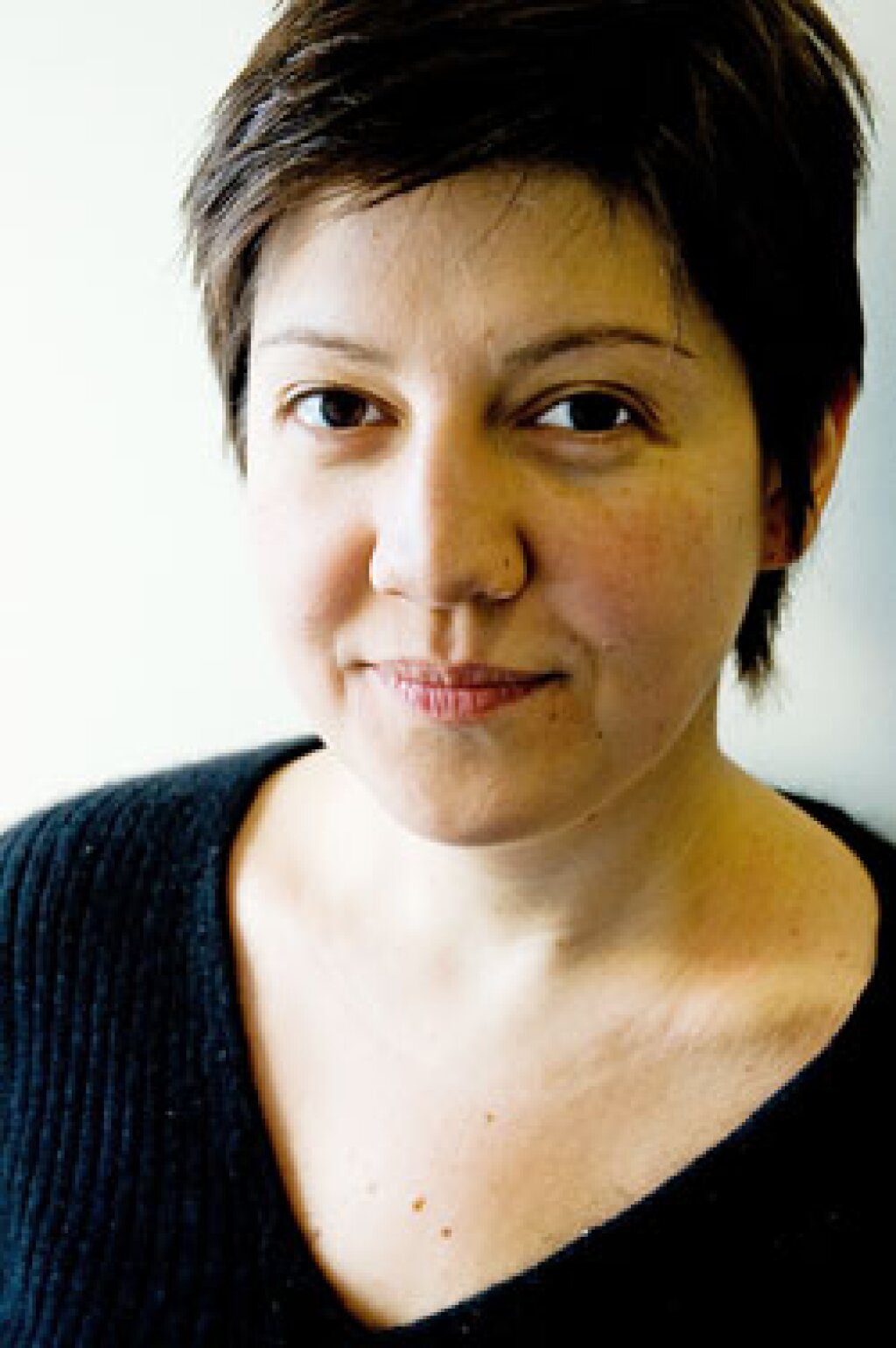This colloquium session has been cancelled - more information to come.
The Jordan Center's Colloquium Series serves to introduce the most recent work of scholars within the Slavic field. Participants come from universities across the country and abroad and work in disciplines ranging from history, political science and anthropology to literature and film. In the second session of the Spring 2014 Colloquium Series, Elena Razlogova will join us from Concordia University.
Between 1960s and 1980s, the live voice of a simultaneous translator was a key element of a foreign film soundtrack throughout the Soviet Union, but especially at film festivals. One veteran explained: "If the translator is a virtuoso, if he can feel the balance between the film proper and his own voice, after several minutes the spectator in the theater will forget about the translator, feeling that he himself can understand English, French, or Japanese.” This article focuses on the translators' role as mediators between festival films, festival guests, and the Soviet public at the Moscow International Film Festival (since 1959) and Asian, African, and Latin American Film Festival in Tashkent (since 1968, Latin America included since 1974).
Based on documents and interviews with interpreters, the article uses simultaneous film interpreting at Moscow and Tashkent as a starting point to investigate the transnational circulation of films and ways of seeing them during the Cold War. New work on world cinema, film festivals, and audiovisual translation has barely acknowledged the existence of this often unofficial but ubiquitous practice. Whenever simultaneous screen interpretation appeared, it revealed the uncertainty of festival film traffic and spectatorship: cash-strapped festivals, exiled or blacklisted filmmakers, censored films, last-minute screenings, nascent postcolonial film industries, or—in the case of Moscow, Tashkent, Ouagadougou—mass inexpert local audiences. The Soviet state tightly controlled the festival in Moscow, and to a lesser extent, in Tashkent. Even so, festival participants who welcomed such precarious festival-going experience formed friendships and discovered films in ways that explored dissident and postcolonial politics.



